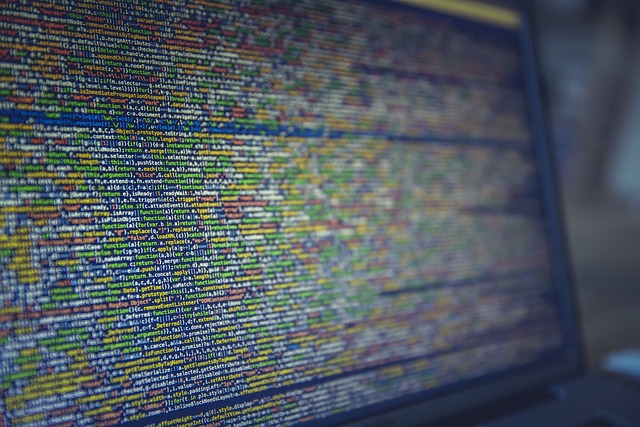Artificial Intelligence (AI) has brought unprecedented advancements and opportunities across various fields. However, as AI continues to evolve, it raises important ethical considerations that must be addressed. We will explore the ethical challenges associated with AI and present potential solutions to ensure responsible AI development and usage.
Bias and Fairness
One of the critical ethical challenges in AI is bias. AI systems learn from data, and if the training data is biased, it can lead to discriminatory outcomes. For example, biased AI algorithms in hiring processes could perpetuate gender or racial biases. To address this, it is crucial to ensure diverse and representative datasets and implement fairness-aware algorithms that mitigate bias.
Privacy and Data Protection
AI systems often rely on large amounts of personal data, raising concerns about privacy and data protection. It is essential to have robust data governance frameworks in place to ensure that user data is handled securely and with informed consent. Privacy-enhancing techniques, such as differential privacy, can be employed to protect sensitive information while maintaining the utility of AI systems.
Transparency and Explainability
The “black box” nature of some AI algorithms poses challenges in understanding and explaining their decision-making processes. Lack of transparency can lead to mistrust and hinder accountability. Researchers are working on developing explainable AI methods that provide insights into how AI systems arrive at their conclusions. This can help users understand and challenge AI decisions when necessary.
Accountability and Liability
Determining accountability and liability in AI systems can be complex. When AI systems make errors or cause harm, it can be challenging to assign responsibility. Addressing this challenge requires establishing legal and ethical frameworks that clarify the roles and responsibilities of developers, users, and AI systems themselves. It also involves developing mechanisms for redress and compensation in cases of AI-related harm.
Ethical Decision Making
AI systems may encounter situations where ethical decisions need to be made, such as in autonomous vehicles during potential accident scenarios. Establishing ethical guidelines and frameworks for AI systems to make ethical decisions aligning with societal values is crucial. This involves interdisciplinary collaboration between ethicists, technologists, policymakers, and the public to define ethical standards for AI.
Job Displacement and Workforce Impact
The automation potential of AI raises concerns about job displacement and its impact on the workforce. As AI technologies advance, it is essential to focus on reskilling and upskilling programs to equip individuals with the skills needed in the changing job market. Additionally, exploring ways to integrate AI into collaborative workflows, where humans and AI systems work together, can lead to more productive and fulfilling work environments.
As AI continues to shape our society, addressing the ethical challenges it presents is paramount. By proactively addressing bias, ensuring privacy and data protection, fostering transparency and explainability, establishing accountability and liability frameworks, promoting ethical decision-making, and considering the impact on the workforce, we can harness the potential of AI while safeguarding societal values. It is a collective responsibility involving collaboration among researchers, policymakers, industry leaders, and the public to ensure that AI technologies are developed and deployed ethically and responsibly. By doing so, we can unlock the transformative power of AI for the benefit of all while minimizing potential harms.
Book Scott Today
Book Scott to keynote at your next event!
Managing Partner at Astor Perkins, TEDx, Top Global Innovation Keynote Speaker, Forbes, Singularity University, SXSW, IBM Futurist, Tribeca Disruptor Foundation Fellow, National Sloan Fellow, Wiley Author, TechCrunch, Winner of Innovation Awards.


















